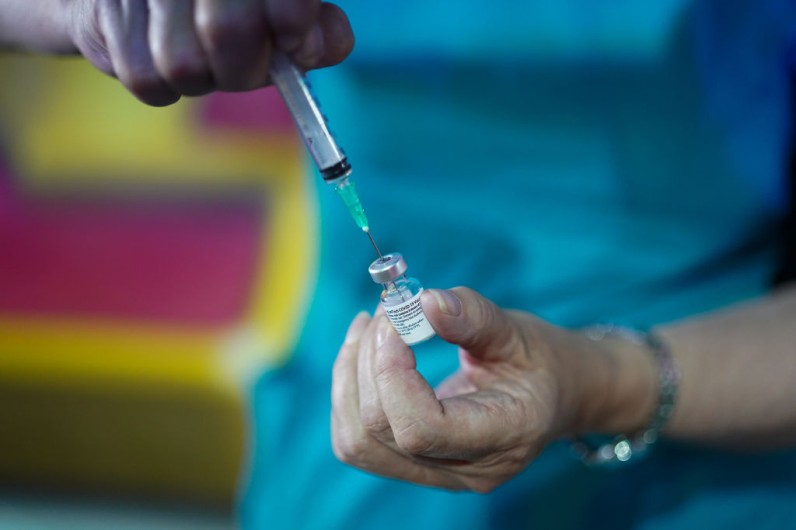
The Food and Drug Administration has given the green light to Pfizer's groundbreaking gene therapy aimed at treating a rare genetic bleeding disorder, per CNBC. This marks the pharmaceutical giant's debut in the gene therapy sector.
Pfizer's New Treatment
The newly approved treatment, Beqvez, is a potential game-changer for adults struggling with moderate to severe hemophilia B. It offers a lifeline, potentially alleviating the debilitating condition and significantly improving the quality of life for those affected.
Hemophilia B, also known as Christmas disease, is a rare genetic bleeding disorder caused by a deficiency in clotting factor IX, a protein necessary for blood clotting. This deficiency leads to prolonged bleeding episodes, often after injury or surgery, as well as spontaneous bleeding into joints and muscles.
It predominantly affects males, as it is inherited through the X chromosome. It also varies in severity, with some individuals experiencing mild symptoms while others have more severe bleeding tendencies. Treatment typically involves replacing the missing clotting factor through injections, either as needed or as a prophylactic therapy to prevent bleeding episodes.
With a price tag of $3.5 million before insurance and rebates, Pfizer's Hemophilia B treatment is positioned as one of the most expensive drugs in the U.S. market.
Pfizer's approval for gene therapy marks a major achievement for the company, indicating its transition towards innovative gene and cell therapies. Like Moderna's strategy, the pharma giant is determined to lead in transformative medical advancements following the COVID pandemic.







Join the Conversation